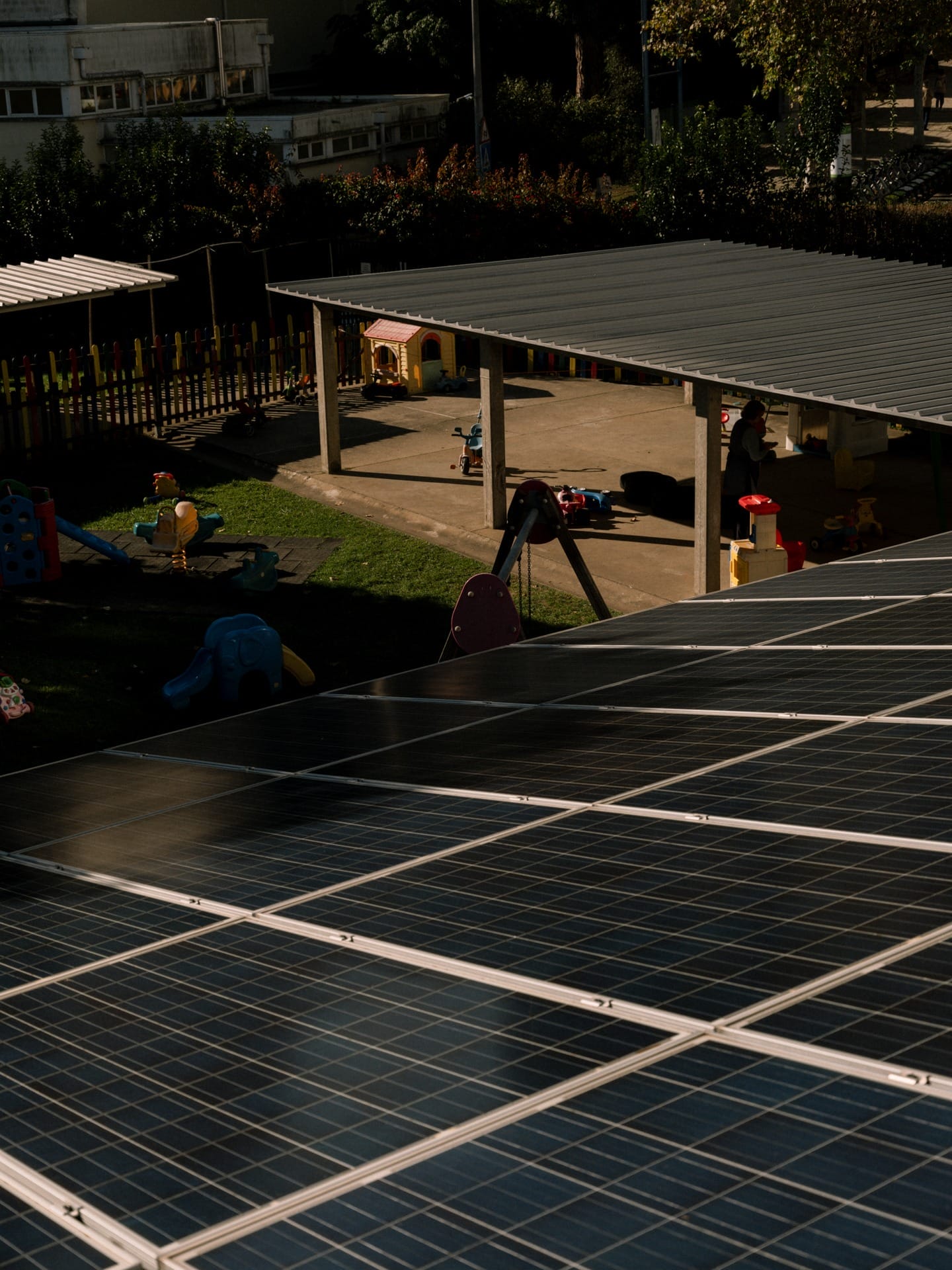Greece’s national Social climate plan exhibits significant weaknesses and gaps that need to be addressed to ensure the effective implementation of ETS2.
The Green Tank calls for a stronger EU ETS to accelerate a just transition to a climate-neutral economy
Aong with comprehensive answers to the related questionnaire, actively contributing to the shaping of Europe’s flagship climate policy. It supports strengthening the EU Emissions Trading System (EU ETS) and the Market Stability Reserve (MSR) to accelerate the transition to a climate-neutral economy in a fair and socially equitable manner.

Nikos Mantzaris spoke on Naftemporiki TV about the impacts of the new Emissions Trading System (ETS2) for buildings and road transport on vulnerable households, as well as the tools Greece has at its disposal to address them.
Responding to questions from journalist Christina Kousouni, Nikos Mantzaris explained that the new Emissions Trading System, known as ETS2, is essentially a new carbon market that will add extra costs to the fossil fuels used by citizens and businesses for heating and transportation starting in 2027. The purpose of ETS2 is to accelerate emissions reductions in these two key sectors, which have remained stagnant in recent years.
To mitigate the socio-economic impact of ETS2 on vulnerable citizens, the EU has established the Social Climate Fund, which will allocate €86.7 billion between 2026 and 2032 for this purpose. However, access to these funds requires each Member State to develop a Social Climate Plan outlining the measures, policies, and resources it will implement.
Regarding Greece’s Social Climate Plan, Nikos Mantzaris referred to the main findings of a study conducted by The Green Tank in collaboration with Facets, titled “Recommendations for policies and measures to mitigate ETS2 implementation impacts in Greece.” He stressed that even before ETS2 takes effect, over 1.6 million households in Greece are already facing energy or transport vulnerability, or both. He emphasized that the financial burden of ETS2 on these households during the 2027–2032 period could be fully offset through direct income support.
However, to permanently eliminate energy and transport vulnerability, structural investments are necessary—such as energy-efficient renovations, electrification of heating, installation of solar panels, promotion of electric mobility, etc. The study showed that with investments of €11.9–15.5 billion over 2026–2032, it would be possible to permanently lift 630,000 households out of energy and transport vulnerability.
Commenting on Greece’s National Social Climate Plan, Nikos Mantzaris noted that while it includes several positive measures aimed at reducing households’ and microenterprises’ dependence on fossil fuels, the allocated funds (€4.78 billion) are insufficient to deliver on those ambitions. Moreover, the broad eligibility criteria mean that the amount invested per household will be just €200 per year over the 2026–2032 period.
Finally, when asked about recent statements by institutional actors and market representatives across Europe expressing serious concerns about the green transition, Nikos Mantzaris addressed the political proposals for revising or delaying the implementation of EU climate legislation. Given that many of the relevant directives and regulations were only recently finalized after lengthy negotiations, he interpreted these proposals as political attempts to respond to the new energy and geopolitical landscape shaped globally by the election of Donald Trump.
You can watch the full interview in Greek here.
This article first appeared on The Green Tank website on 24 July 2025

